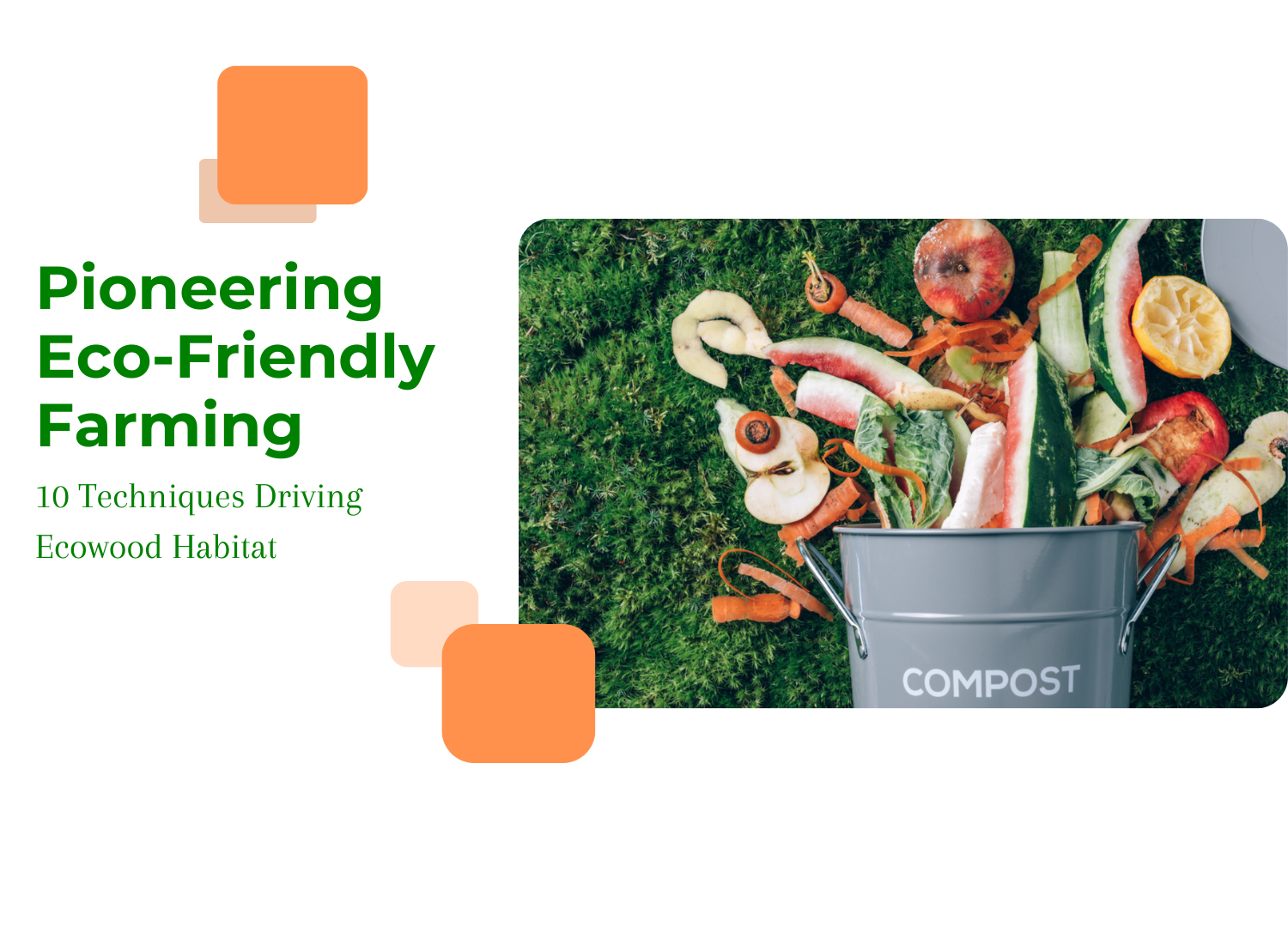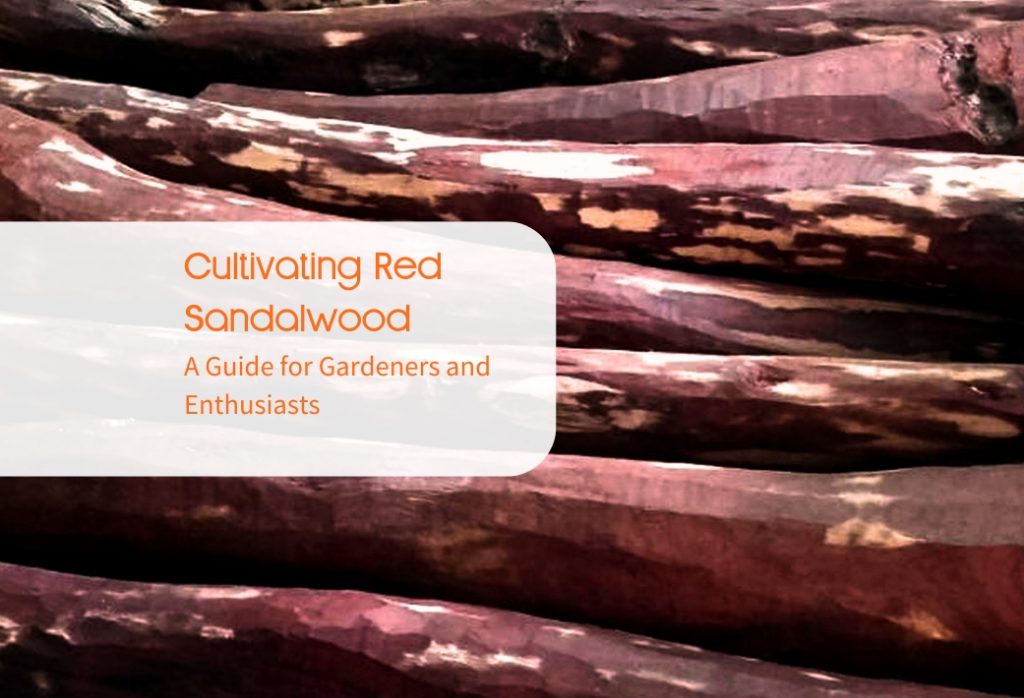
Eco-friendly farming is no longer just a trend; it’s a necessity for preserving the environment while ensuring the longevity of agriculture. At Ecowood Habitat, we are committed to integrating sustainable practices that not only boost productivity but also protect the ecosystem. In this article, we’ll walk you through the top 10 eco-friendly farming techniques that we have embraced to cultivate a better tomorrow.
1. Organic Composting
Composting is a cornerstone of eco-friendly farming. By recycling organic waste from farms and households, we create nutrient-rich compost that enhances soil fertility without the need for chemical fertilizers. At Ecowood Habitat, we’ve implemented large-scale composting to ensure that our soil remains healthy and productive.
2. Crop Rotation
Crop rotation is a time-tested technique that prevents soil depletion and reduces the risk of pests. By alternating the types of crops grown on the same land, we maintain soil balance and reduce the need for artificial pesticides. Ecowood Habitat meticulously plans crop cycles to ensure the best outcomes for both the land and the crops.
3. Integrated Pest Management (IPM)
At Ecowood Habitat, Integrated Pest Management (IPM) is at the heart of our approach to eco-friendly farming. By combining biological, cultural, and physical control methods, we minimize the use of chemical pesticides. This not only protects the crops but also preserves the surrounding biodiversity, ensuring a healthy and thriving ecosystem.
4. Rainwater Harvesting
Water is a precious resource, and conserving it is essential for sustainable farming. We’ve implemented rainwater harvesting systems throughout Ecowood Habitat, capturing and storing rainwater for irrigation purposes. This reduces our dependency on groundwater and ensures that we have a steady supply of water even during dry spells.
5. Agroforestry
Agroforestry integrates trees and shrubs into agricultural landscapes, offering numerous environmental benefits. At Ecowood Habitat, we’ve embraced agroforestry by planting native tree species alongside our crops. This practice enhances biodiversity, improves soil structure, and provides shade and windbreaks, creating a more resilient farming system.
6. No-Till Farming
No-till farming is an innovative approach that reduces soil erosion and maintains soil health by avoiding the disruption of the soil structure. At Ecowood Habitat, we’ve adopted no-till practices to protect our soil from degradation, promote water retention, and reduce the carbon footprint associated with traditional tillage methods.
7. Vermiculture
Vermiculture involves the use of earthworms to decompose organic waste, producing high-quality vermicompost. This eco-friendly farming technique enhances soil fertility and structure. At Ecowood Habitat, we have established vermiculture units that contribute to our organic farming practices, ensuring that our soil remains rich and productive.
8. Green Manuring
Green manuring involves growing cover crops that are later plowed back into the soil to improve its organic matter content. This practice enriches the soil, suppresses weeds, and prevents erosion. Ecowood Habitat employs green manuring as a key component of our soil fertility management strategy, ensuring that our land remains fertile and productive.
9. Biodynamic Farming
Biodynamic farming is a holistic approach that views the farm as a self-sustaining ecosystem. It involves the use of natural preparations to enhance soil fertility and plant health. At Ecowood Habitat, we’ve integrated biodynamic principles into our farming practices, creating a balanced and harmonious environment that nurtures both crops and the land.
10. Permaculture Design
Permaculture is a design philosophy that mimics natural ecosystems to create sustainable agricultural systems. At Ecowood Habitat, we’ve incorporated permaculture principles into our farm layout, ensuring that every element of the landscape works together in harmony. This approach reduces waste, conserves resources, and promotes biodiversity.
Conclusion:
Eco-friendly farming is the future of agriculture, and at Ecowood Habitat, we are proud to be at the forefront of this movement. By adopting and practicing these top 10 techniques, we are not only producing high-quality crops but also contributing to the preservation of our planet. Through our commitment to sustainability, we hope to inspire others to join us in creating a greener, more sustainable future.



